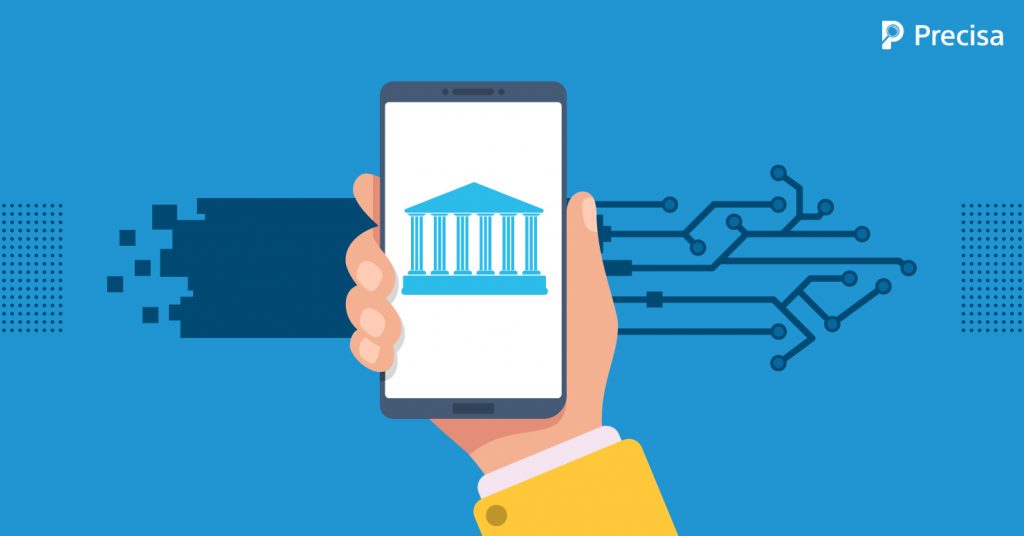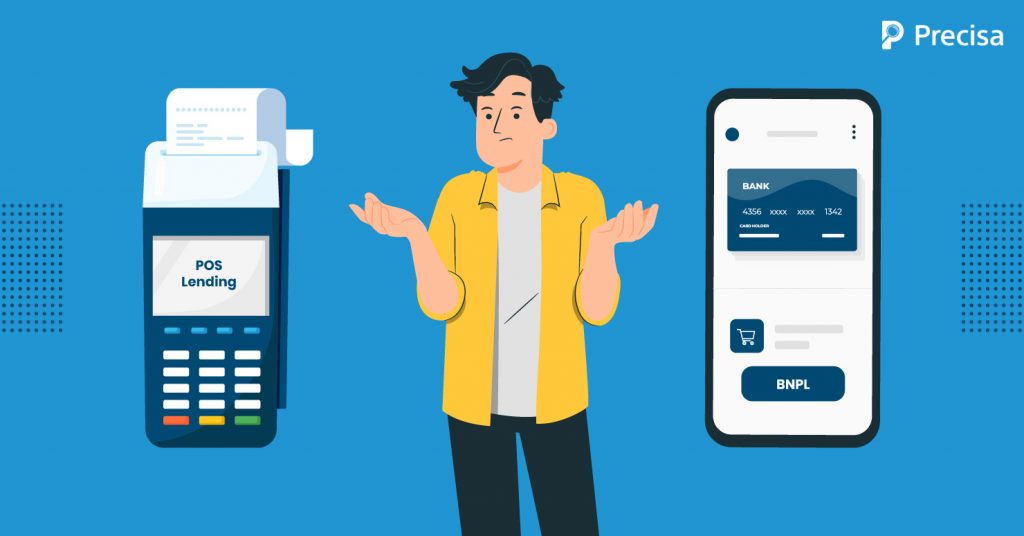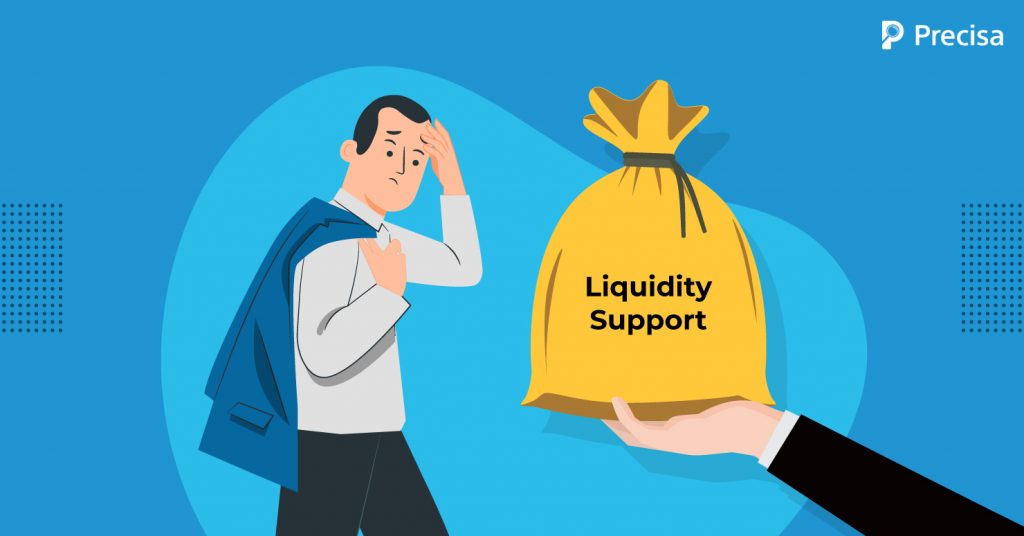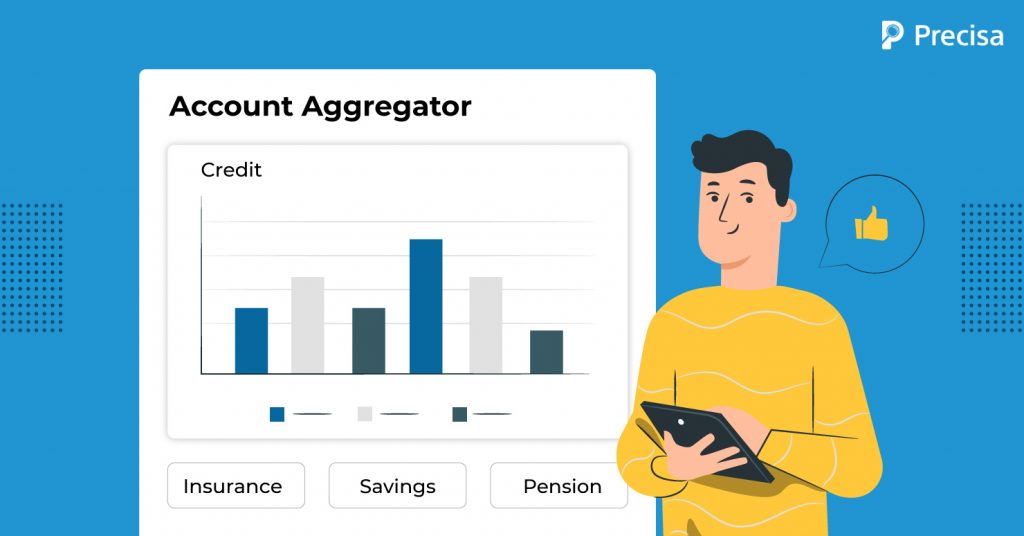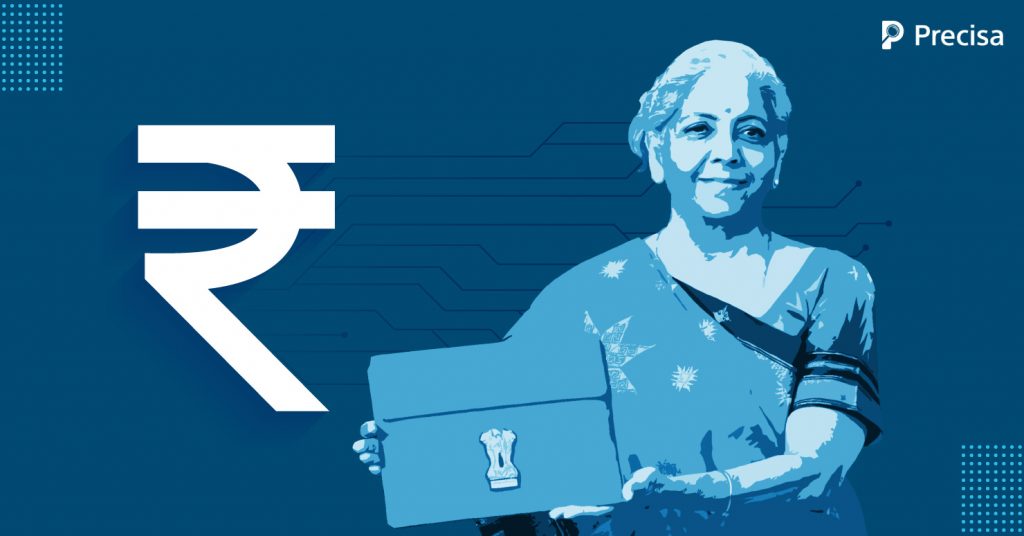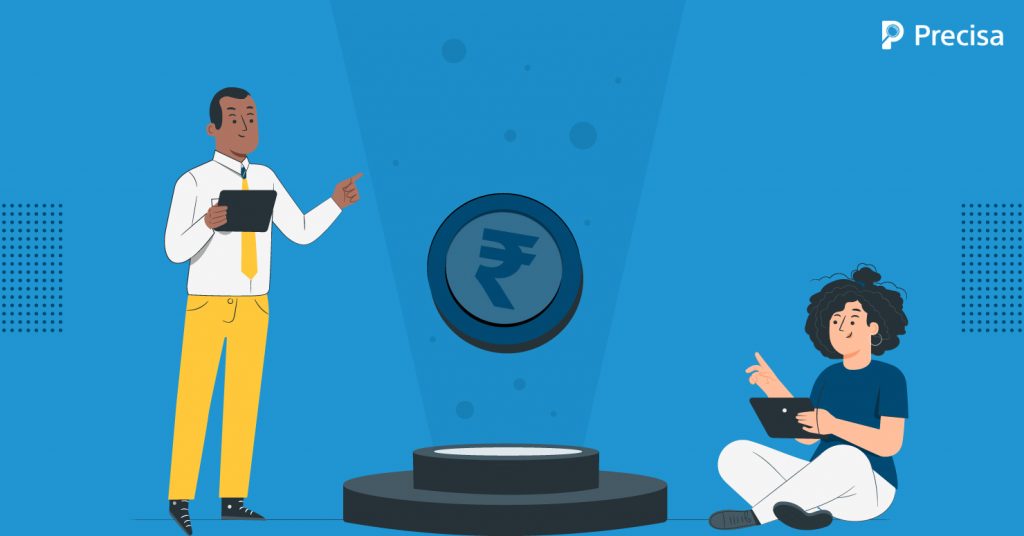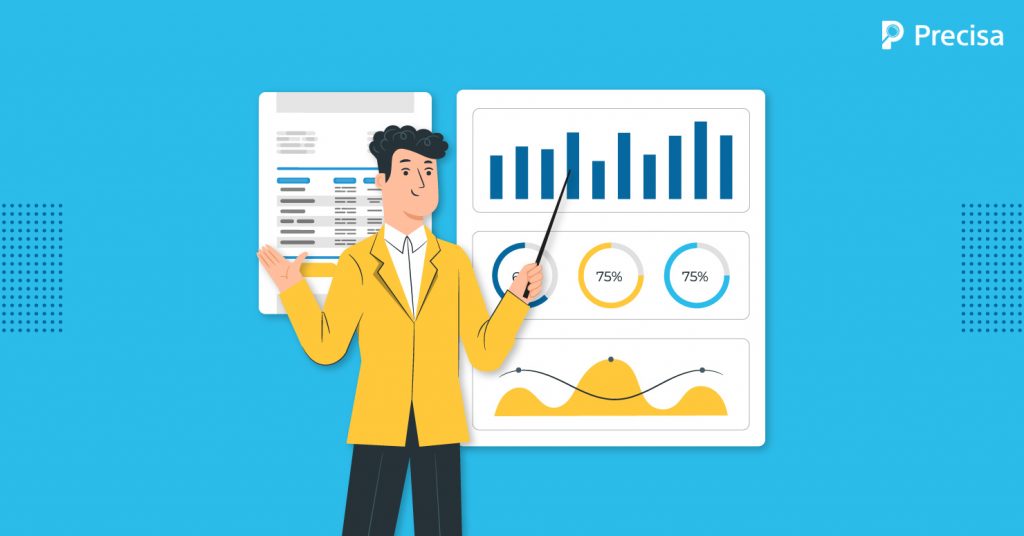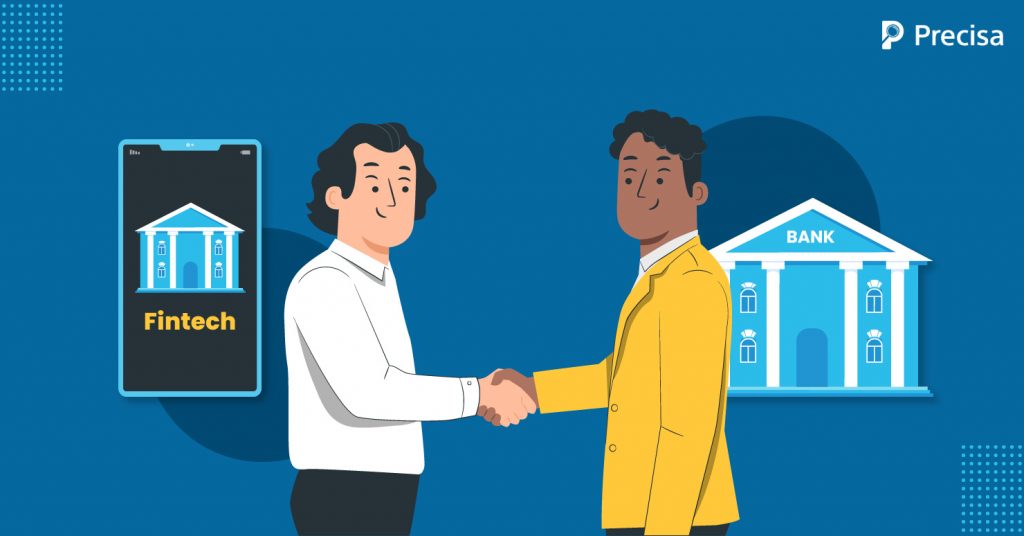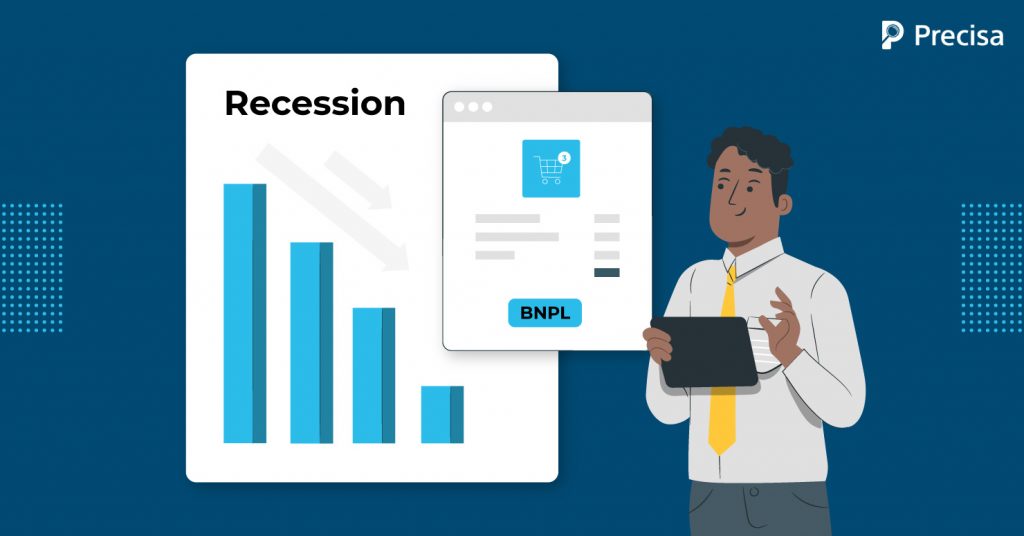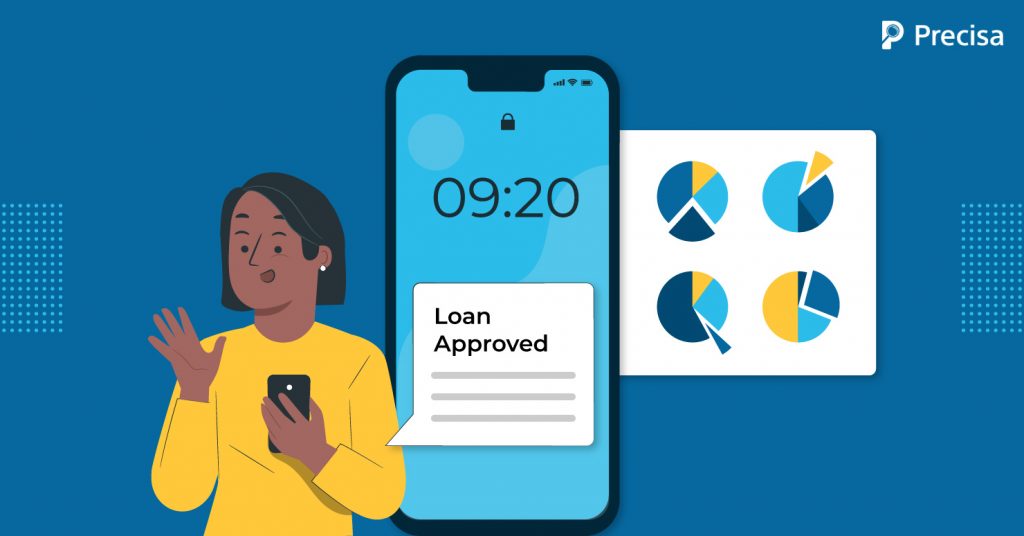Technology is developing at an unparalleled rate in the banking and financial sector, completely transforming conventional procedures and products. Fintech is rapidly innovating banking as we know it, from automating routine banking processes using Robotic Process Automation (RPA) to empowering customers by giving them control over their financial data through open banking systems. These changes […]
How is BNPL Different from POS Lending? An Overview
With growing digitisation, the fillip online shopping received during the pandemic and popularity among the youth have encouraged the Point of Sale (POS) financing options. The most common form of POS financing is Buy Now, Pay Later (BNPL) It is interest-free credit where consumers spread the cost of an item over a short period. Many […]
Why Are NBFC Companies Seeking Liquidity Support System in 2023?
The COVID-19 pandemic has had a significant impact on the non-banking financial sector. The sudden and widespread lockdowns resulted in a slowdown in economic activity, leading to a sharp drop in demand for loans and a decrease in consumer spending and investment. Non-Banking Financial Companies (NBFCs) faced challenges in terms of collecting payments and meeting […]
Account Aggregator Adoption in India
The Reserve Bank Of India introduced the Account Aggregators (AA) framework in September 2021 to facilitate access to financial data and encourage financial inclusion. An Account Aggregator collects a user’s digital financial data from one or more accounts and delivers it to the financial institution providing services like loans or insurance to the user. The […]
Impact of Union Budget 2023 on Fintech-Based Digital Lending
The digital lending industry has proliferated over the years and now plays a critical role in driving the country’s economic development. According to an EY report, India’s fintech market will be worth $200 billion by 2030, up from $50 billion in 2021. The fintech sector is bridging the gap in providing banking services to last-mile […]
RBI’s Digital Lending Guidelines for Borrowers and Lenders: Pros and Cons
The booming fintech ecosystem in India has led to the emergence of countless companies that offer various credit services. However, despite its benefits, this expanding fintech vista has also led to the proliferation of unregulated digital lenders conducting unethical business, excessive third-party engagement, and rising risks to digital privacy. Moreover, unjust interest rates and inhumane […]
What Are the 5 Key Components of Financial Data Analysis?
Access to relevant data is a growing need for businesses that must make several daily decisions that impact their business outcomes. This survey from 2020 indicates that countries like the USA, Germany, and India are shifting towards data-driven decision-making. Financial data, in particular, plays a significant role in helping businesses determine the most suitable way […]
Fintech-Bank Collaborations: A Necessity For Digital Banking
Banking, one of the world’s oldest industries, has been around for nearly 4000 years. From the earliest recorded temple loans in ancient Babylon, which date back to 2000 BCE, to the most recent technology-enabled services, such as open banking and Banking as a Service (BaaS), it has consistently played a systemic role in the development […]
What Does a Situation Like an Uneventful Recession Mean for BNPL?
Buy Now Pay Later (BNPL) services are steadily gaining popularity in the Indian market. The value of these services is expected to reach INR 1.1 trillion ($15 billion) in 2026, growing at a compound annual growth rate (CAGR) of 32.5% between 2022 to 2026. The COVID-19 pandemic, aided by factors like impulsive buying and disposable […]
How Can Open Banking Overcome the Challenges in Underwriting?
In a digitally-accelerated financial services sector, traditional lending services relying on manual workflow often face several roadblocks. One of the biggest challenges is assessing a borrower’s creditworthiness in terms of accuracy and speed. A thorough process to determine creditworthiness takes time and requires access to relevant data. Loan origination processes are equally time-consuming, and these […]

